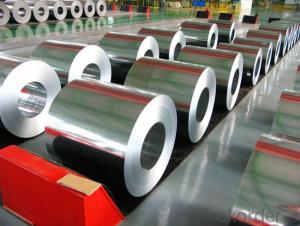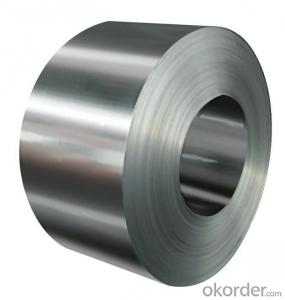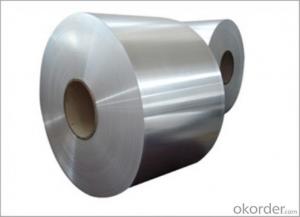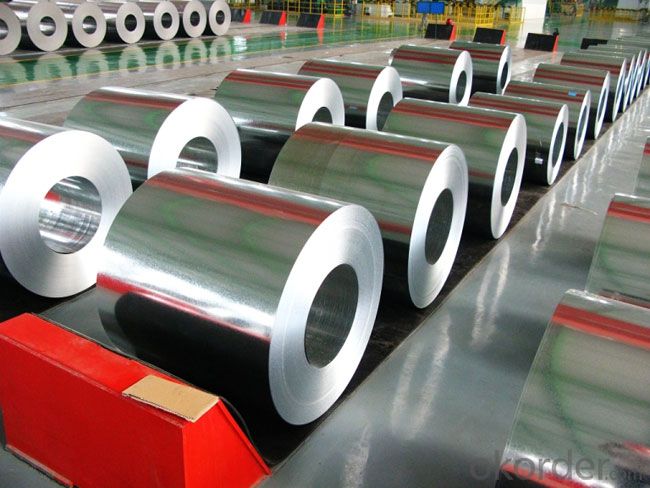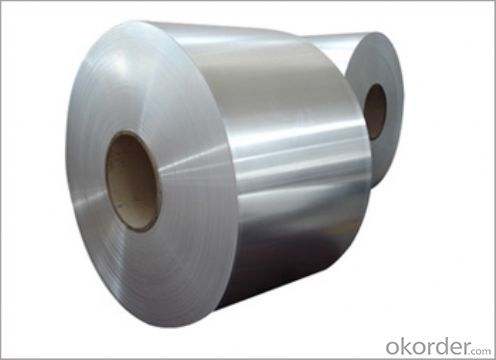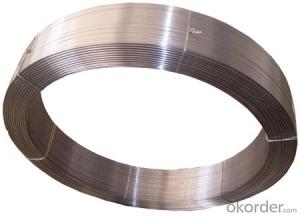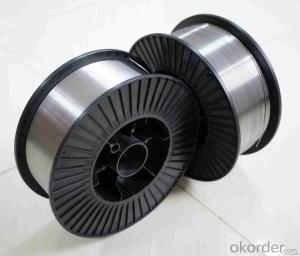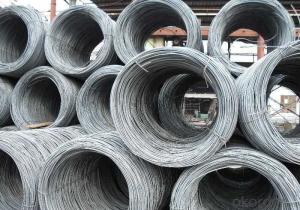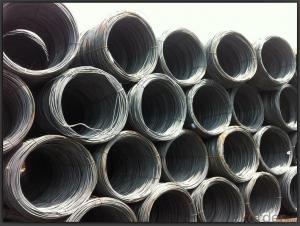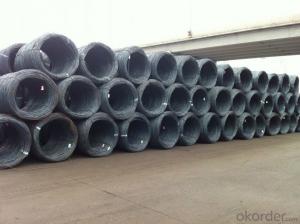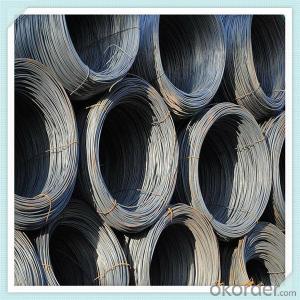Rebar Coil Wire Rod Price 5.5mm-14mm for Building
- Loading Port:
- Tianjin
- Payment Terms:
- TT or LC
- Min Order Qty:
- 100 m.t.
- Supply Capability:
- 10000 m.t./month
OKorder Service Pledge
OKorder Financial Service
You Might Also Like
Rebar Coil Wire Rod Price 5.5mm-14mm for Building
Products Description:
Type: | reinforcing bar /deformed bar /rebar coil /wire rod |
Steel Grade: | reinforcing rebar : hrb400, hrb500, gr.60 rebar coil: hrb400, hrb500, gr.60 wire rod: sae1006, sae1008,sae1012,sae1017,sae1018 |
Size: | reinforcing rebar in coil : 5.5mm-10mm . Wire rod : 5.5mm-14mm. Deformed bar :10mm-32mm. |
Length: | reinforcing rebar : 6m-12m. rebar coil:1.6-1.9Tons/coil . Wire rod: about 2Tons /coil. |
Application: | Building , bridge or project construction. |
Delivery time: | 20-30days base on quantity. |
Payment: | T/T, West Union, Cash, L/C. |
Trade term: | FOB, CFR, CIF, EXW |
Trans term: | FIO, FILO, FLT. |
Datas of Chemical Parameters:
Steel grade | C% ≤ | Si%≤ | Mn%≤ | P%≤ | S%≤ | Cr%> | Ceq≤ |
HRB335 | 0.17-0.25 | 0.40-0.80 | 1.00-1.60 | 0.045 | 0.045 | 0.3-0.4 | 0.52 |
HRB400 | 0.17-0.25 | 0.20-0.80 | 1.20-1.60 | 0.045 | 0.045 | 0.3-0.4 | 0.54 |
HRB500 | ≤0.25 | ≤0.80 | ≤1.6 | 0.045 | 0.045 | 0.3-0.4 | 0.55 |
Gr.60 | ≤0.30 | ≤0.40 | ≤1.00 | 0.050 | 0.050 | 0.3-0.4 |
WHY SHOULD YOU CHOOSE US:
Stable quality ----continous casting hot rolled production techenic, strictly quality control system.
Lower price -------Not the cheapest but the lowest price at the same quality .
Good service -----Satisfactory service within 24hours.
Delivery time ------15-25days for the mass production .
Discount---------------discount base on monthly large quantity purchase in long term.
Picture:
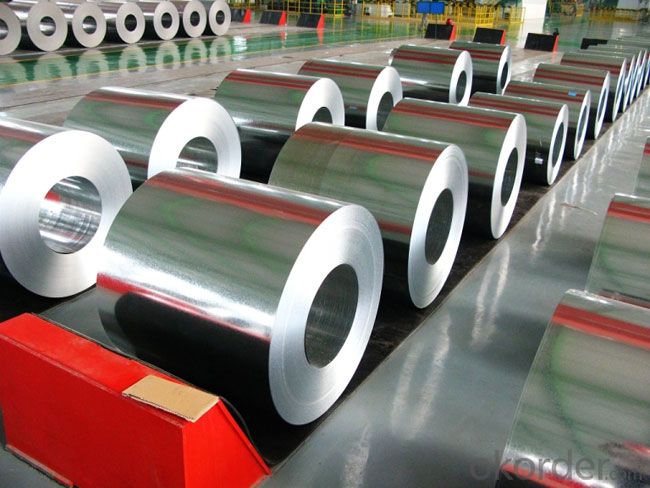
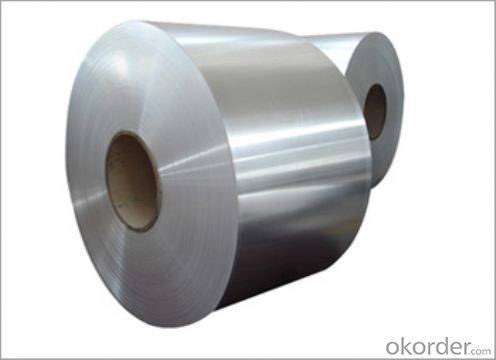
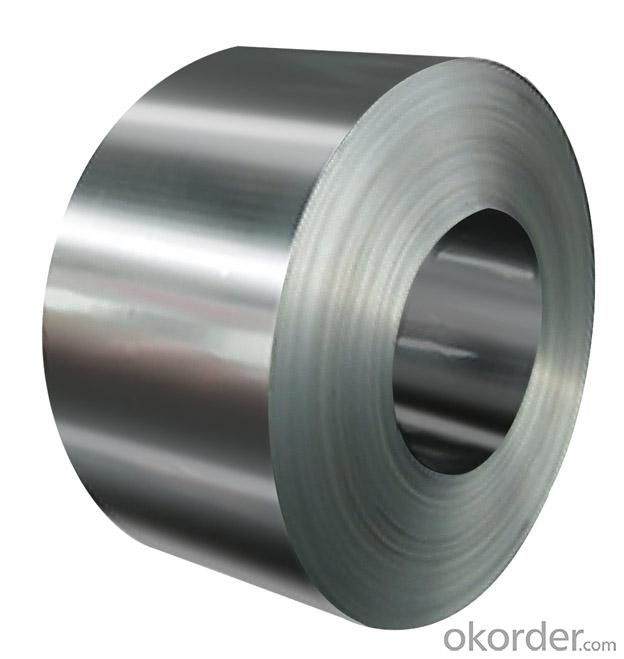
- Q: What are the factors to consider when selecting steel pipes for a project?
- When selecting steel pipes for a project, several factors need to be considered. These include the required strength and durability of the pipes, the intended application and environment, the size and dimensions needed, the corrosion resistance required, the budget constraints, and any specific industry or regulatory standards that need to be met. Additionally, factors like the availability and sourcing of the steel pipes, the ease of installation and maintenance, and the potential for future expansion or modifications should also be taken into account.
- Q: What are the common applications of steel pipes in the oil and gas industry?
- Steel pipes are commonly used in the oil and gas industry for various applications such as drilling, transportation of oil and gas, and pipeline construction. They provide strength, durability, and resistance to corrosion, making them suitable for carrying fluids under high pressure and in harsh environments. Steel pipes also facilitate efficient extraction, production, and distribution of oil and gas resources across vast distances.
- Q: Is the same specification seamless steel pipe more expensive than welded pipe?
- Seamless steel pipe having a hollow cross section, used as a conduit for conveying fluids, such as pipelines for transporting petroleum, natural gas, gas, water, and certain solid materials.
- Q: How big is the seamless steel tube of DN50?
- This refers to the diameter of the steel pipe is 50 mm, DN50 steel pipe diameter is 60.3 mm, that is, 60.3 * 5 mm steel pipe
- Q: Can steel pipes be used for underground sewage systems?
- Yes, steel pipes can be used for underground sewage systems. Steel pipes have high strength and durability, making them suitable for carrying sewage and withstanding the pressure and environmental conditions underground. Additionally, steel pipes have excellent corrosion resistance properties, which is crucial for sewage systems that are exposed to moisture and various chemicals.
- Q: What are the safety measures to be followed while working with steel pipes?
- When working with steel pipes, it is important to follow several safety measures to ensure the well-being of workers and prevent accidents. Some of the key safety measures include: 1. Personal Protective Equipment (PPE): Workers should always wear appropriate PPE, including safety glasses, steel-toed boots, gloves, and hard hats to protect themselves from potential hazards. 2. Proper Lifting Techniques: Steel pipes can be heavy, so workers should use proper lifting techniques, such as bending their knees and using their leg muscles, to prevent strain or injury to their back. 3. Secure Storage and Handling: Steel pipes should be stored in a secure and organized manner to prevent them from falling or causing any hazards. Workers should also use appropriate lifting equipment, such as cranes or forklifts, to handle heavy steel pipes safely. 4. Inspect Pipes for Defects: Before working with steel pipes, they should be inspected for any defects, such as cracks or corrosion, that could compromise their structural integrity. Damaged pipes should be replaced to avoid potential accidents. 5. Proper Welding and Cutting Techniques: When welding or cutting steel pipes, workers should follow proper techniques and use appropriate safety equipment, such as welding masks and fire-resistant clothing, to prevent burns, fires, or explosions. 6. Fall Protection: When working at heights or on elevated platforms, workers should use fall protection equipment, such as harnesses and safety nets, to prevent falls and injuries. 7. Adequate Ventilation: In enclosed spaces where welding or cutting activities take place, proper ventilation should be ensured to prevent the accumulation of harmful fumes or gases. 8. Fire Prevention: Steel pipes can be flammable, especially when cutting or welding. Therefore, it is crucial to have fire prevention measures in place, such as fire extinguishers and fire blankets, and to follow proper fire safety protocols. By adhering to these safety measures, workers can minimize the risks associated with working with steel pipes and create a safer working environment.
- Q: What are the different types of joints used in steel pipes?
- There are several types of joints commonly used in steel pipes, including threaded joints, welded joints, flanged joints, and grooved joints.
- Q: Are steel pipes resistant to chemicals and corrosion?
- Yes, steel pipes are generally resistant to chemicals and corrosion.
- Q: What are the safety precautions to follow when working with steel pipes?
- When working with steel pipes, it is important to follow several safety precautions to ensure the well-being of yourself and those around you. These precautions include: 1. Personal Protective Equipment (PPE): Always wear the appropriate PPE when working with steel pipes. This includes safety glasses, gloves, steel-toed boots, and a hard hat. PPE helps protect you from potential hazards such as flying debris, falling objects, and sharp edges. 2. Proper Lifting Techniques: Steel pipes can be heavy and awkward to handle. Always use proper lifting techniques to avoid strain or injury. Bend your knees, keep your back straight, and use your legs to lift the pipes. If a pipe is too heavy to lift on your own, ask for assistance or use mechanical lifting equipment. 3. Secure Working Area: Ensure that the work area is clean, organized, and free from tripping hazards. Keep the floor clear of tools, debris, and other obstructions that may cause accidents. Additionally, barricade or cordon off the work area to prevent unauthorized access and ensure the safety of others. 4. Use Proper Tools and Equipment: Use the right tools and equipment for the job. This includes using wrenches, pipe cutters, and clamps designed specifically for steel pipes. Using improper tools can lead to accidents, damage to the pipes, or faulty connections. 5. Proper Storage: Store steel pipes in a secure and organized manner to prevent them from falling or rolling onto someone. Stack the pipes in a stable position, and use racks or supports to ensure they are not at risk of toppling over. 6. Secure Connections: When joining steel pipes, ensure that the connections are properly secured. This includes using appropriate fittings, tight fasteners, and following the recommended torque specifications. Loose or improperly secured connections can result in leaks, bursts, or other failures. 7. Proper Ventilation: If working in an enclosed space, ensure adequate ventilation to prevent the buildup of harmful gases or fumes. Welding or cutting steel pipes can release hazardous gases, so make sure the area is properly ventilated or use respiratory protection if necessary. 8. Fire Safety: Steel pipes can become extremely hot during welding or cutting processes. Have fire extinguishers readily available and know how to use them. Clear any flammable materials from the work area and be cautious of sparks or open flames. 9. Regular Inspections: Regularly inspect steel pipes for signs of damage, such as cracks, rust, or degradation. Replace any damaged or compromised pipes to avoid potential failures or accidents. By following these safety precautions, you can minimize the risks associated with working with steel pipes and ensure a safe working environment. Remember, safety should always be the top priority.
- Q: How do you remove rust from steel pipes?
- To remove rust from steel pipes, there are several methods you can try: 1. Use a wire brush or steel wool: Start by scrubbing the rusted areas with a wire brush or steel wool. This will help remove loose rust and flakes from the surface of the pipes. 2. Apply vinegar or lemon juice: Soak a cloth or sponge in white vinegar or lemon juice and apply it to the rusted areas. Let it sit for a few hours or overnight. The acidic properties of these substances can help dissolve the rust. 3. Use a rust remover or converter: There are various rust remover products available in the market. Follow the instructions on the product and apply it to the rusted areas. These solutions typically convert rust into a water-soluble compound that can be easily rinsed off. 4. Apply a paste of baking soda and water: Mix baking soda with water to create a thick paste. Apply the paste to the rusted areas and let it sit for a few hours. Scrub the area using a brush or steel wool, and then rinse it off. 5. Try using a commercial rust dissolver: If the above methods don't yield satisfactory results, you can consider using a commercial rust dissolver. These products are specifically designed to remove rust from various surfaces, including steel pipes. Follow the instructions provided by the manufacturer. Remember to wear protective gloves, goggles, and a mask when working with rust removal products, as they can be corrosive or release toxic fumes. Additionally, after removing rust, it is advisable to apply a rust-inhibiting primer or paint to prevent future rusting.
Send your message to us
Rebar Coil Wire Rod Price 5.5mm-14mm for Building
- Loading Port:
- Tianjin
- Payment Terms:
- TT or LC
- Min Order Qty:
- 100 m.t.
- Supply Capability:
- 10000 m.t./month
OKorder Service Pledge
OKorder Financial Service
Similar products
Hot products
Hot Searches
Related keywords
